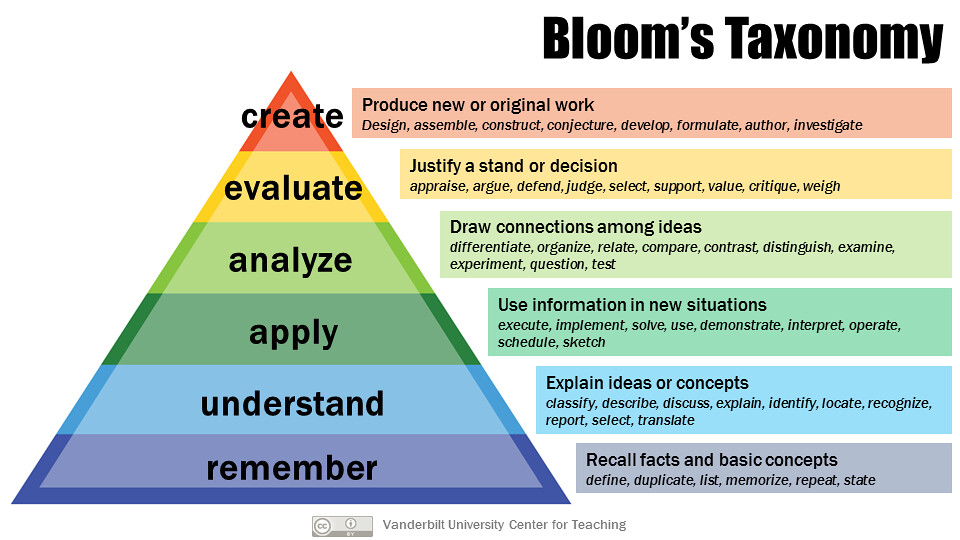Featured Instructor: Rebecca Roston
As teachers, we work to equip our students to move from lower-order thinking (e.g. remember, recall, or describe) to higher-order thinking (e.g. create, design, or evaluate). Mastery quizzes are designed to help students gain competency in foundational lower-order skills before attempting higher-order thinking.

Mastery quizzes can vary in their meaning, but Roston creates quizzes that require students to perform low-order skills on random sets of questions in Canvas with a time limit. Mastery quizzes like Roston’s give students an opportunity to practice foundational skills repeatedly until they achieve a certain percent correct, demonstrating the required “mastery” to move on. This requires students to demonstrate a baseline knowledge or vocabulary and reinforce their comprehension of basic skills in the course (Gilliard-Cook and West, 2015).
Decades ago, mastery quizzes were not typical in the face-to-face classroom because hand-grading multiple attempts on quizzes would have been too time-consuming. Today’s technology for online education now makes it easier to offer mastery quizzes in online classrooms as well as in technology-enhanced in-person classrooms or hybrid classrooms.
Contact Professor Roston with questions specific to this project. For help implementing repeated practice and mastery quizzes in your course, contact an instructional designer assigned to your college.
Gilliard-Cook, T. and West, B. (2015). Authentic learning: Rethinking quizzes and exams for greater impact. The evoLLLution.
Related Links
Topics